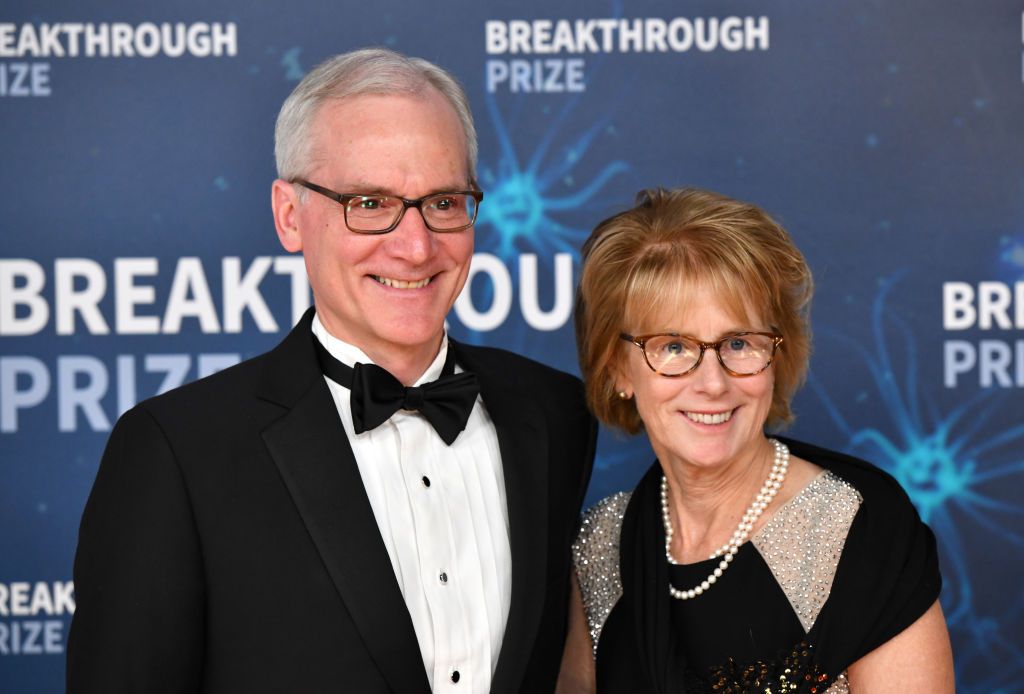The president of Stanford University, one of the top-rated colleges in the US, is stepping down after its board found scientific papers he published contained manipulated research data.
Marc Tessier-Lavigne did not personally falsify any of the research, the panel concluded, but he co-authored papers with “serious flaws” .
The inquiry found “repeated instances of data manipulation” in labs he ran.
The president said he would step down “for the good of the University”.
His term at the Ivy League institution will end on 31 August.
Wednesday’s announcement marks the end of a scientific misconduct inquiry that has shaken one of the top research universities in the world.
Dr Tessier-Lavigne, a celebrated neuroscientist, has served as the president of Stanford University for seven years. Before that he led research laboratories for more than 30 years.
In January, the university’s Board of Trustees engaged a panel to investigate allegations that Dr Tessier-Lavigne authored research papers that contained Photoshopped or manipulated data.
The 95-page report concluded that scientists and researchers in his labs had engaged in “subpar scientific practices”.
Dr Tessier-Lavigne was the principal author on five of the 12 research papers examined by the panel.
The inquiry said he took insufficient steps to correct mistakes, but absolved him of claims he tried to cover up the data scandal.
Dr Tessier-Lavigne said he intends to retract three papers and correct two others that were published between 1999 and 2009, before he became president of the prestigious university.
“I am gratified that the Panel concluded I did not engage in any fraud or falsification of scientific data,” he said in a statement.
Dr Tessier-Lavigne continued: “Although I was unaware of these [data manipulation] issues, I want to be clear that I take responsibility for the work of my lab members.”
“Stanford is greater than any one of us. It needs a president whose leadership is not hampered by such discussions,” he added.
Dr Tessier-Lavigne said he intends to remain at Stanford as a faculty member and focus on “further tightening controls” on his laboratories.
Related Topics
- United States
